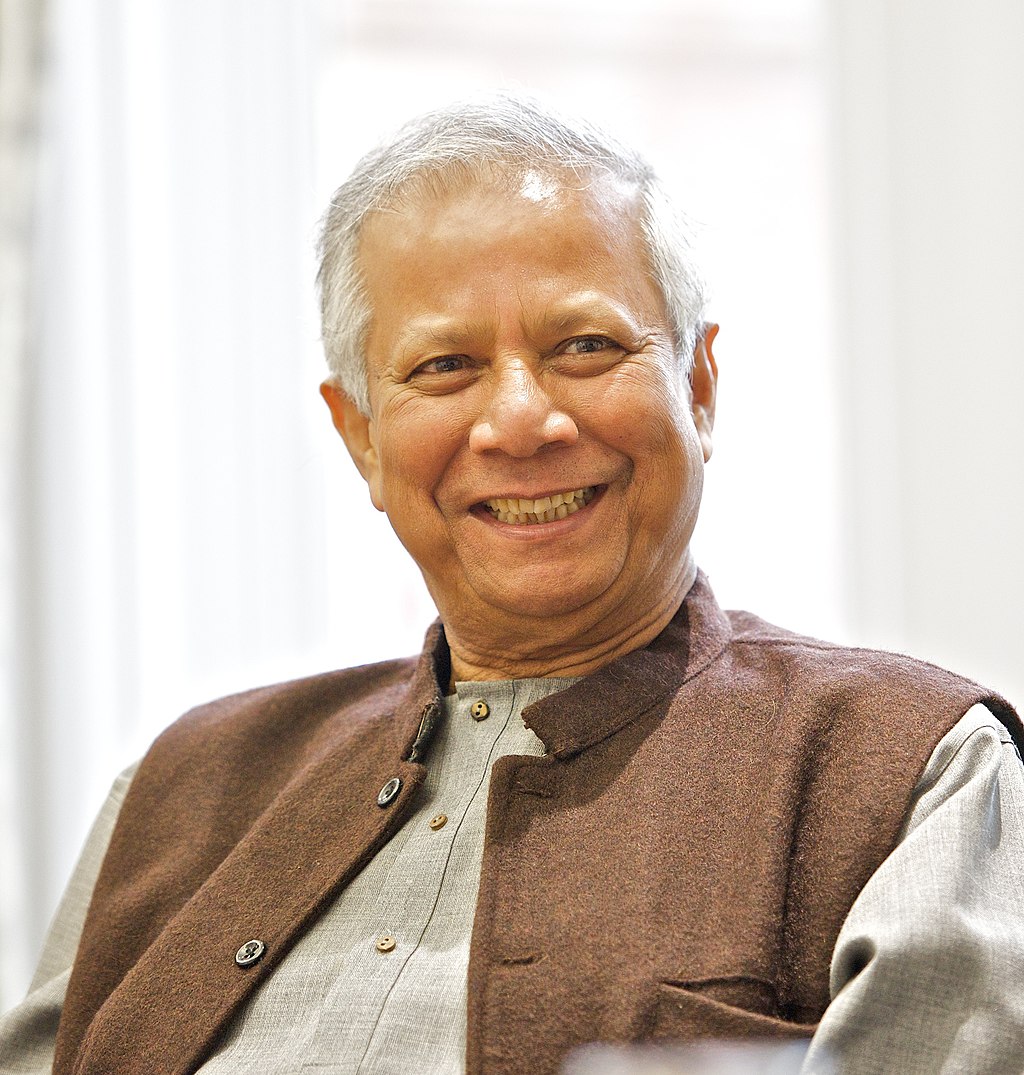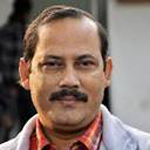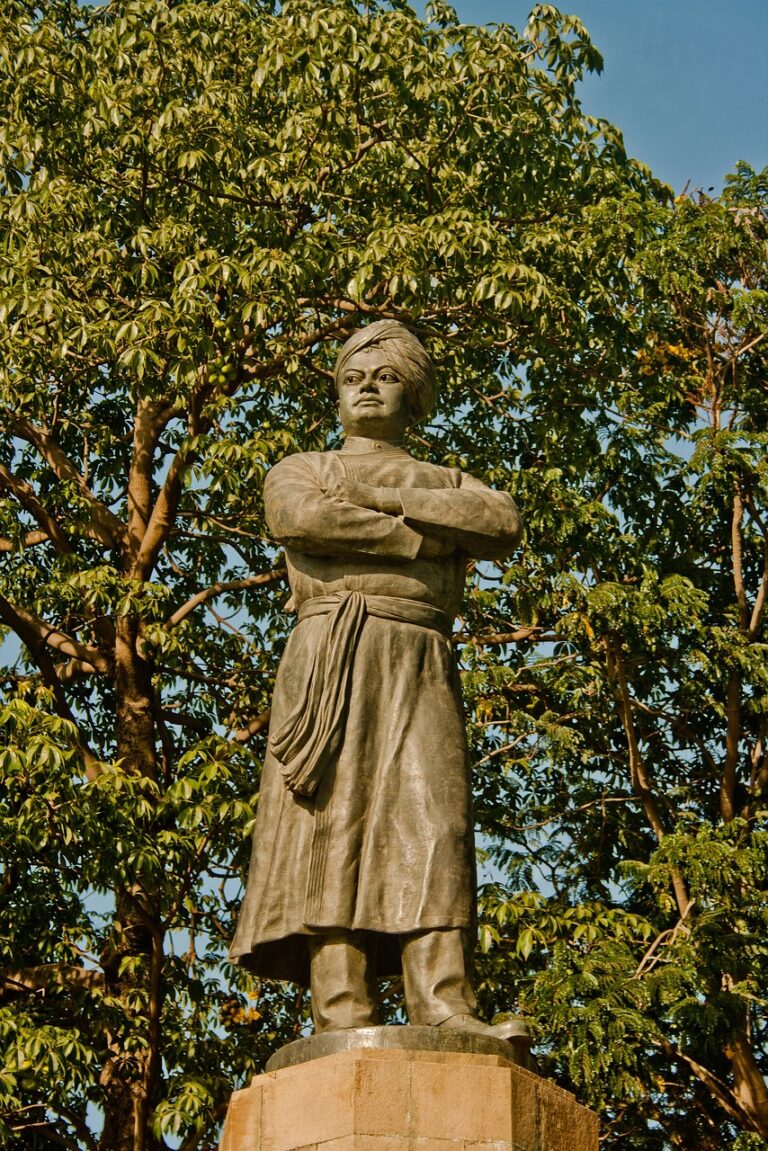
File photo of Prof Muhammad Yunus
As if legal cases are not enough, Professor Muhammad Yunus, the pioneer of microfinance and social business and the lone Nobel laureate of Bangladesh, has been summoned to appear before the anti-corruption commission on October 5, 2023, in connection with a money laundering case. Five more individuals, attached to Prof Yunus, are also being asked to appear before the commission in Dhaka within two days. They are preparing to follow the procedure, said a source close to Prof Yunus.
Incidentally, only recently more than 175 global leaders including Nobel laureates, elected officials, and business and civil society leaders had urged Prime Minister Sheikh Hasina, who will seek the mandate of 130 million Bangladeshi voters in the forthcoming national elections for her fourth consecutive term in office, to suspend all legal proceedings against Prof Yunus. It was preceded by another letter, endorsed by 40 global personalities, to Hasina regarding her government’s ill-treatment of him. Even 34 eminent Bangladeshi nationals also came forward raising voices for Prof Yunus asserting that Hasina continued using “hostilities” against the most awarded Bangladeshi gentleman and thus she was earning a negative impression for Bangladesh.
Recently, the United Nations human rights office also issued a statement supporting Prof Yunus saying that it was worried about smear campaigns against him. It was followed by a statement from Amnesty International, where they asserted that Hasina was ‘weaponizing labour laws’ to harass and intimidate Prof Yunus. The international body argued that Prof Yunus, being the chairman of Grameen Telecom management authority, was falsely accused of employment-related violations. He along with three board members (Ashraful Hasan, Nur Jahan Begum and Mohammad Shahjahan) are facing a criminal case under the country’s labour laws.
“The ongoing trial is just one of more than 150 cases filed against Prof Yunus after the ruling Awami League Party came into power in 2008. Amnesty International believes that initiating criminal proceedings against Prof Yunus and his colleagues for issues that belong to the civil and administrative arena is a blatant abuse of labour laws and the justice system and a form of political retaliation for his work and dissent. His case is emblematic of the beleaguered state of human rights in Bangladesh, where the authorities have eroded freedoms and bulldozed critics into submission,” said a statement.
It is time for the Bangladesh government to put an end to this travesty of justice, said Agnes Callamard, secretary general of Amnesty International, adding that the government’s relentless smear campaign against Prof Yunus shows the desperate lengths the current regime is willing to go to set an example through the hounding of an 83-year-old Nobel laureate. Those violating labour rights must undoubtedly be held accountable, however rather than misusing labour laws and criminal justice to harass Prof Yunus, the authorities should focus on combatting extensive threats to labour rights such as unsafe factories which continue to claim the lives of thousands of Bangladeshi workers, she added.
The question that arises here is, why Hasina is so aggressive against the global campaigner for a poverty-free world. The first assumption was that Hasina herself wanted recognition (preferably with a Nobel award) for her ‘excellent’ works since 2008. Lately, civil society embraced speculation that the combined opposition parties (led by the Bangladesh Nationalist Party) may project Prof Yunus as their leader in the forthcoming polls. Needless to mention Prof Yunus tried to form a political party (Nagarik Shakti) in 2007 but abandoned the idea quickly. However, political observers say Hasina and her supporters still assume Prof Yunus is a powerful rival to her political career. So she continues maligning Prof Yunus on every possible occasion.
As the country goes to general elections in the next few months, the apprehension of an eruption of violence continues, as the opposition alliance is still demanding Hasina’s resignation for the sake of a free and fair election in Bangladesh. They are demanding a neutral caretaker administration in Dhaka to conduct the forthcoming elections so that the ruling Awami League can not rig the polls. Otherwise, they may boycott the national election, as they did in 2014 and 2018. Hasina has already made it clear that she will not resign, thus paving the way for a series of street protests (often turning violent) by the opposition parties across Bangladesh in the coming days.
*Senior journalist





